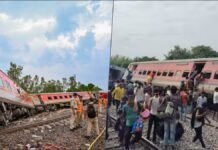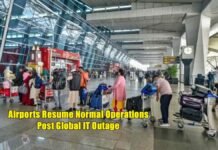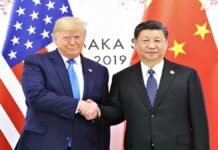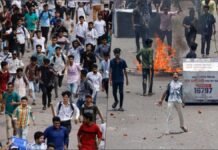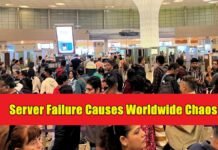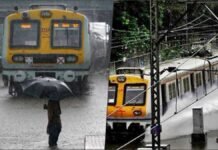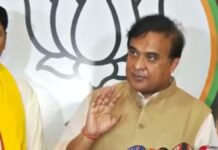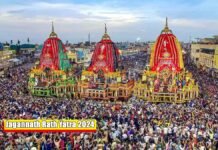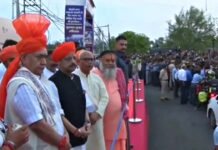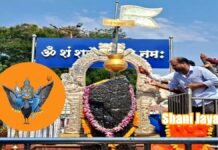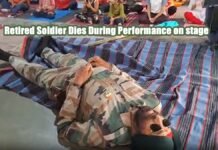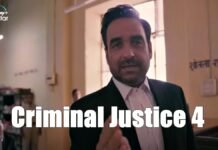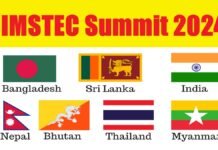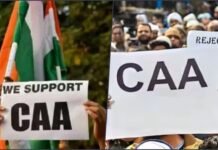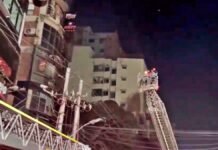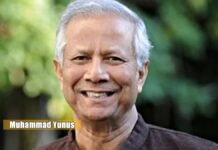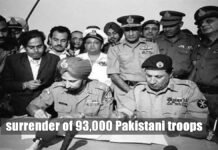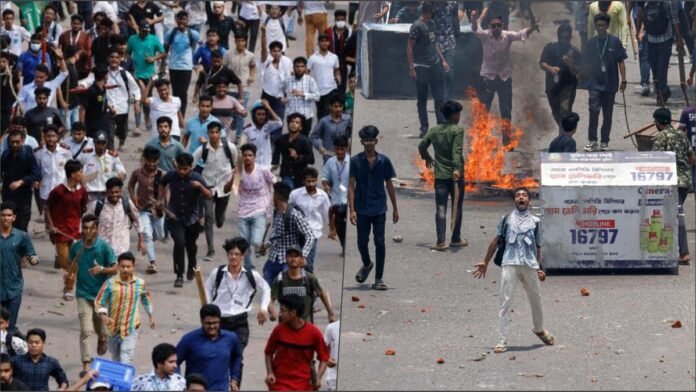
Dhaka: The ongoing violent protests in Bangladesh, now entering their second week, have reached a pivotal moment. In a significant legal turn, the Supreme Court of Bangladesh on Sunday annulled the High Court’s decision to uphold the controversial quota system in government jobs. Despite this ruling, the Supreme Court stopped short of completely abolishing the reservation system.
Supreme Court’s Landmark Decision
Attorney General AM Aminuddin announced that the Supreme Court found the High Court’s order to maintain the quota system illegal. The apex court has mandated that 93 percent of government job positions be filled based on merit, reserving only 7 percent for the descendants of the 1971 Liberation War freedom fighters and other special categories.
Current Quota System in Bangladesh
Under the existing quota system, 56 percent of government jobs were reserved as follows:
- 30 percent for descendants of the 1971 Liberation War fighters
- 10 percent for candidates from backward administrative districts
- 10 percent for women
- 5 percent for ethnic minority groups
- 1 percent for people with disabilities
Approximately 3,000 government jobs are released annually in Bangladesh, attracting around 400,000 applicants. The quota system has been a point of contention, especially the 30 percent reservation for freedom fighters’ descendants, leading to widespread student protests.
Historical Context: The 2018 Movement
The current unrest is reminiscent of the violent student protests 2018 against the same quota system. At that time, the government led by Prime Minister Sheikh Hasina decided to suspend the quota system. This decision was later challenged by freedom fighters’ descendants in the High Court. Last month, the High Court overturned the government’s suspension, reinstating the quota system, which sparked the recent violent protests.
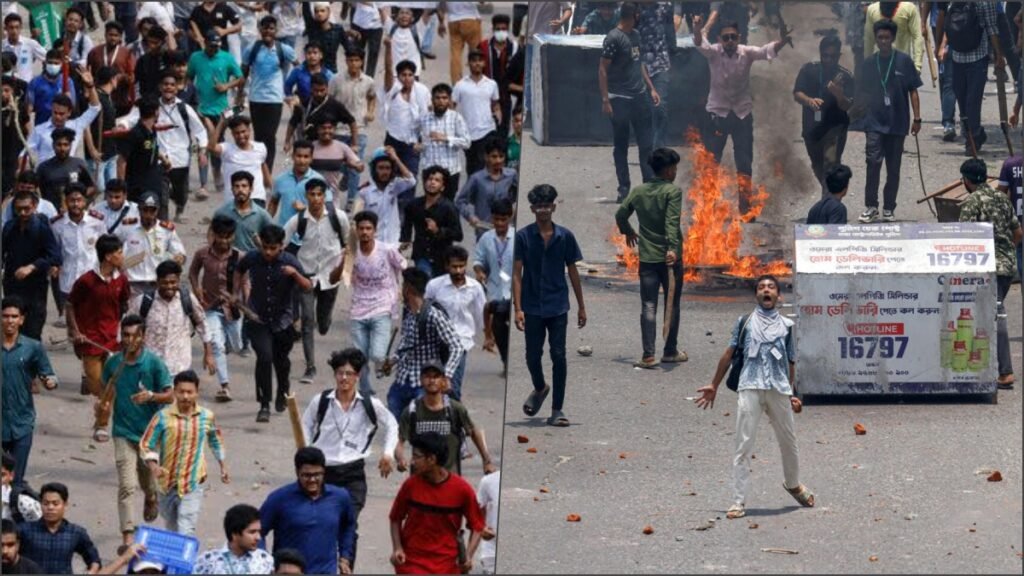
Casualties and Government Response
Tragically, the protests have resulted in the deaths of 133 people and injuries to over 3,000 others. The situation escalated further following a controversial statement by Prime Minister Sheikh Hasina. When questioned about the students’ protest during a press conference on July 14, she remarked, “If the grandchildren of freedom fighters will not get the benefit [of quota], then will the grandchildren of Razakars get it?” This statement intensified the protests, with students chanting, “Tui ke? Ami ke? Razakar, Razakar!” (“Who are you? Who am I? Razakar, Razakar!”), leading to increased tensions across the nation.
The Road Ahead
As Bangladesh navigates through this period of unrest, the Supreme Court’s decision marks a critical juncture. The nation’s response to this ruling and the ongoing protests will shape the future of its public employment policies and the broader socio-political landscape.


